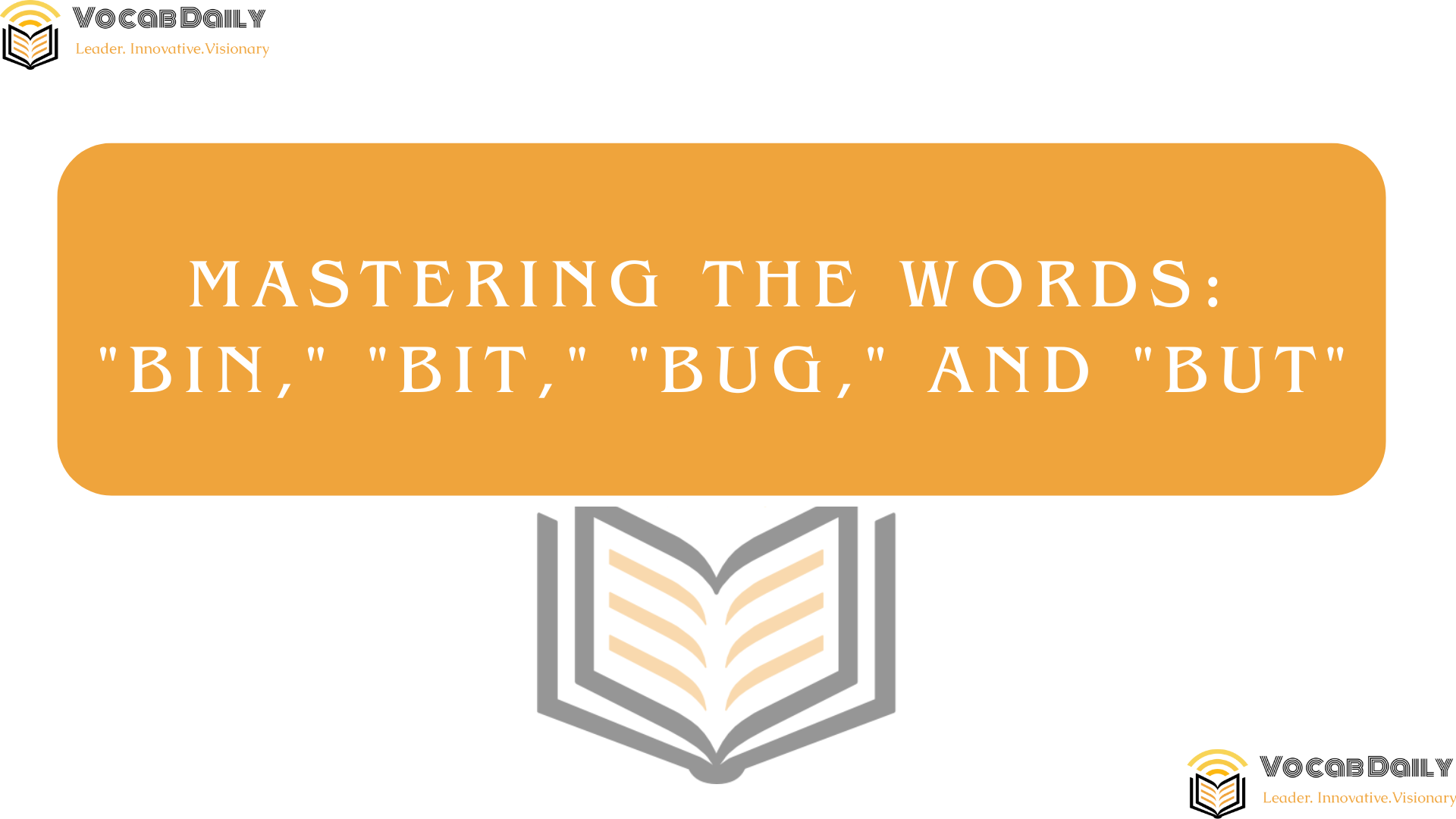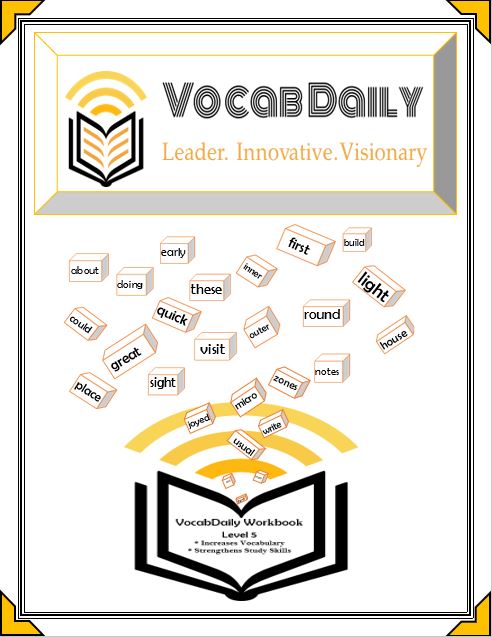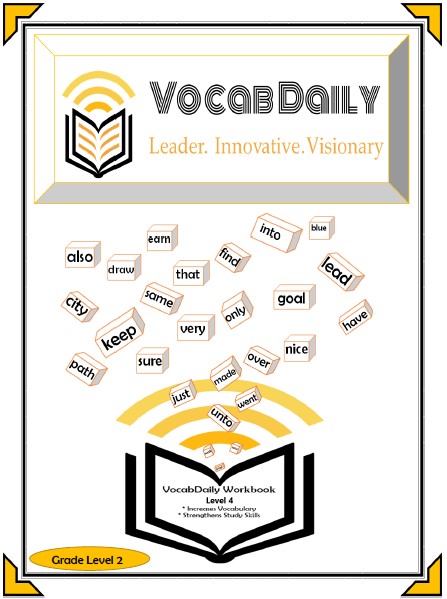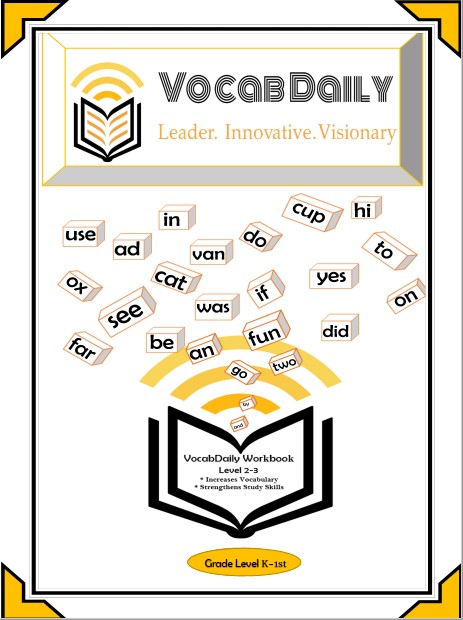Understanding simple words like bin, bit, bug, and but can significantly improve your ability to communicate in English. While these words may seem small, they are essential in forming everyday conversations and are fundamental to effective communication. Whether you are talking about objects, expressing conditions, or adding contrast, these words serve a key role in structuring sentences clearly and efficiently. In this article, we will break down the meaning of these words, how they are used in various contexts, and why mastering them is crucial for improving both written and spoken English.
Breaking Down the Words: “Bin,” “Bit,” “Bug,” and “But”
1. The Word “Bin”
The word bin is a noun that typically refers to a container or receptacle used for holding or storing items. In everyday speech, bin is commonly used to describe trash cans or storage containers. It is used to store a variety of items, from food scraps to personal belongings.
Examples:
- “Please throw the trash in the bin.”
- “The clothes are in the storage bin.”
The word bin also appears in various idiomatic expressions, such as “bin it” (which means to discard something) and “bin full” (describing a container that is filled to the top). The use of bin helps to clarify the intended meaning of storage and disposal in everyday tasks.
2. The Word “Bit”
The word bit is a noun that generally refers to a small portion or piece of something. It is commonly used to describe a small amount, often in informal conversations. Bit is often used with the prepositions “a,” “little,” or “few” to describe an insignificant quantity of something.
Examples:
- “I’ll have a bit of cake.”
- “Could you give me a bit of time to think?”
Additionally, bit is used in various expressions, such as “bit by bit” (indicating gradual progress) or “bit of luck” (a small amount of good fortune). It is a versatile word, often used when something is limited, small, or partial in nature.
3. The Word “Bug”
The word bug has multiple meanings. Most commonly, it refers to a small insect, but it can also be used metaphorically to refer to something that bothers or irritates someone. In both its literal and figurative uses, bug is often used informally in casual conversations.
Examples:
- “A bug flew into the window.”
- “The loud noise really bugs me.”
In technology, bug also refers to a flaw or error in a computer system or program. For example, a “software bug” can cause a system to malfunction. In both everyday language and more technical fields, bug is a word that adds clarity to issues related to irritation or malfunction.
4. The Word “But”
The word but is a conjunction that connects contrasting ideas or clauses. It is widely used in both spoken and written English to introduce exceptions or contradictions. But plays an important role in expressing alternative viewpoints, conditions, or clarifications in a conversation.
Examples:
- “I wanted to go to the park, but it started raining.”
- “She’s very talented, but she’s shy.”
Additionally, but is also used in comparative phrases such as “nothing but” (meaning only), like in “It’s nothing but a mistake.” Understanding how but functions in these situations is key to expressing nuances in language.
Everyday Scenarios: Using “Bin,” “Bit,” “Bug,” and “But” in Context
1. “Bin” in Daily Use
In practical, everyday settings, bin is often used when talking about storage or waste. Whether it’s sorting items or throwing away trash, bin plays an essential role in managing objects in your environment.
Example 1 (waste):
- “Please take the trash out to the bin.”
Example 2 (storage): - “I put the winter clothes in the bin in the closet.”
2. Using “Bit” in Common Situations
When expressing amounts, bit is often used to indicate small quantities of things. It helps provide flexibility and clarity in how much of something is being referred to.
Example 1 (small portion):
- “I only ate a bit of the pizza.”
Example 2 (duration): - “I’ll be ready in a bit.”
3. Describing with “Bug”
Whether discussing insects or frustrations, bug appears frequently in informal contexts. It is also useful for talking about things that bother us.
Example 1 (insects):
- “There’s a bug on the wall.”
Example 2 (irritation): - “The constant noise really bugs me.”
4. Connecting Ideas with “But”
The word but helps connect different ideas or points, providing a sense of contrast or exception. It is used regularly to show that one idea differs or contradicts the other.
Example 1 (contrast):
- “I wanted to study, but I was too tired.”
Example 2 (alternative): - “She loves dogs, but she’s allergic to them.”
Advanced Tips: Using “Bin,” “Bit,” “Bug,” and “But” Correctly
1. The Versatility of “Bin”
Understanding the various uses of bin is essential. From everyday waste management to storing personal items, bin is used in numerous ways in different contexts. It’s also important to recognize its place in informal idioms, such as “bin it” to express discarding something.
2. Enhancing Descriptions with “Bit”
While bit refers to a small amount, it can also be used to express slight changes or minimal impact. Using phrases like “a bit better” or “a bit more” helps convey moderation in comparisons.
Example:
- “I feel a bit tired today.”
3. Mastering the Use of “Bug”
Bug can be both literal and figurative, so knowing when to use it in different contexts is crucial. For example, in the realm of technology, “bug” might refer to an error in programming, while in casual conversations, it could mean something annoying or irritating.
4. Using “But” for Clear Contrasts
But is incredibly useful for providing contrast or exception. It allows you to express alternative ideas, clarify differences, or add exceptions. Learning how to use but properly in complex sentences ensures clarity and coherence in communication.
Mastering words like bin, bit, bug, and but is essential for effective communication in English. These words may seem simple, but they serve fundamental purposes in sentence construction and meaning. Understanding how to use them in different contexts will make your speech and writing more effective, clear, and precise. Continue practicing and exploring these words in varied situations to improve your fluency and enhance your language skills.
For further learning and practice, check out more vocabulary exercises with VocabDaily to continue strengthening your understanding of key vocabulary.
Visit VocabDaily and Explore workbooks here to continue enhancing your vocabulary!




Leave a Reply